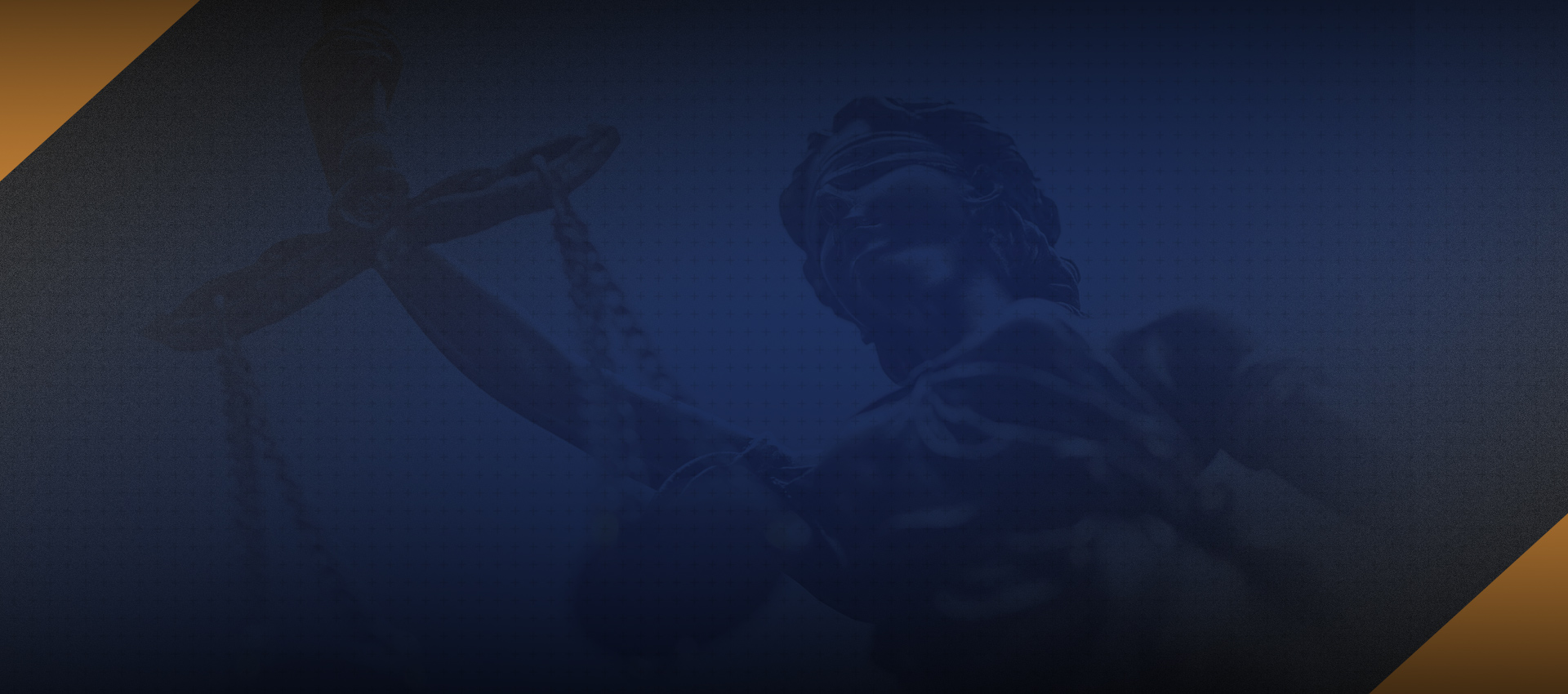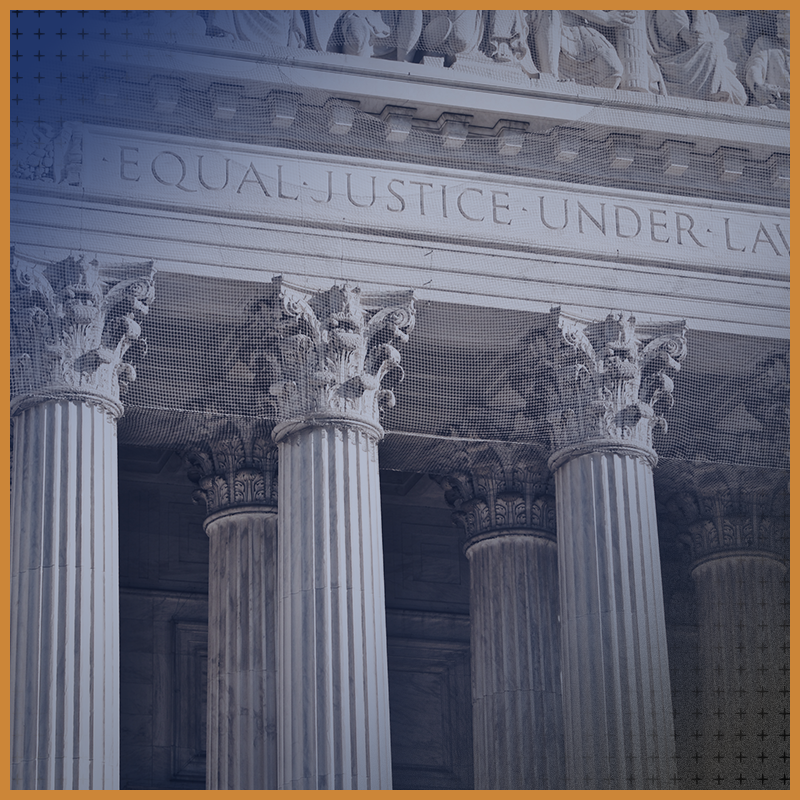
Monmouth County DWI Attorney
Defending a New Jersey DWI Charge
It takes a skilled and experienced attorney to successfully defend a DWI charge. At Law Offices of Carlos Diaz-Cobo, our first line of defense for these types of charges is to attack the initial stop. Police officers do not have the authority to pull over a motor vehicle without probable cause. If we are successful in attacking the lack of probable cause for the initial stop, then all subsequent evidence is suppressed, and the charges should be dismissed.
Our second line of attack is the officer's decision to arrest you. This involves examining the psycho/physical tests administered roadside, such as the “one leg stand” or the “walk and turn” test. If we are successful in attacking the evidence at this level, once again, all the evidence is suppressed, and the charges should be dismissed.
Our third and final line of attack in a DWI charge is the reading obtained showing the client's blood alcohol content (BAC). There are a number of ways to suppress the reading in a DWI charge. The machine used to record that reading has to be properly calibrated and maintained, and certain procedures have to be adhered to before it can be used to lawfully record your BAC.
Law Offices of Carlos Diaz-Cobo is committed to offering all our clients a high level of representation and service, regardless of the severity of the crime. We always provide each client with professional, responsive, and courteous treatment.
We have successfully represented thousands of clients charged with DWI in Monmouth County, Middlesex County, and all surrounding areas of New Jersey. Call us at (848) 207-2709 for your FREE initial consultation.
What Situations Lead to a DWI Arrest?
Operation of a Vehicle
A person can be convicted of DWI for operating or attempting to operate a vehicle under the influence. For a conviction, there must be evidence of intent to drive (actual physical control and overt action), but there doesn’t need to be actual movement of the vehicle.
Under the Influence
Drivers are prohibited from being under the influence of intoxicating liquors, narcotics, hallucinogens, or habit-producing drugs. “Under the influence” is defined as a substantial deterioration or diminution of the mental faculties or physical capabilities.
Per Se DWI
A driver can be convicted of DWI without proof of actual intoxication if the driver’s BAC is .08% or more. This is termed a “per se DWI.”

When facing serious criminal charges, you need a relentless, trial-ready defense. As a Certified Criminal Trial Lawyer and award-winning attorney, Carlos Diaz-Cobo has the experience, reputation, and courtroom skill to fight for the best outcome in your case.

Do I Have to Submit to a Breathalyzer Test at the Time of Arrest?
At the time of arrest, the officer is supposed to impound the driver’s vehicle for 12 hours and will likely request a breathalyzer test. A test failure can be used by the prosecution in court to prove a DWI charge—a conviction leads to license revocation. An unlawful refusal to take a breath test also leads to license revocation.
Pursuant to New Jersey’s implied consent laws, a driver who unlawfully refuses a breathalyzer test will face the following consequences:
- First offense: 7-month to 1-year license revocation and $300 to $500 in fines.
- Second offense: 2-year license revocation and $500 to $1,000 fines.
- Third offense: 10-year license revocation and $1,000 fine.
Generally, the revocation periods for a test refusal and a conviction will run consecutively (back-to-back). Still, the judge can permit the suspensions to run concurrently (simultaneously) on a first offense.
Ignition Interlock Devices
For a DWI conviction or test refusal, the court is authorized to order installing and using an ignition interlock device (IID) for six months to one year for a first offense. A second or subsequent offense requires an IID for one to three years. A first offense that involved a test refusal or a BAC of .15% or more requires an IID for six months to one year.
